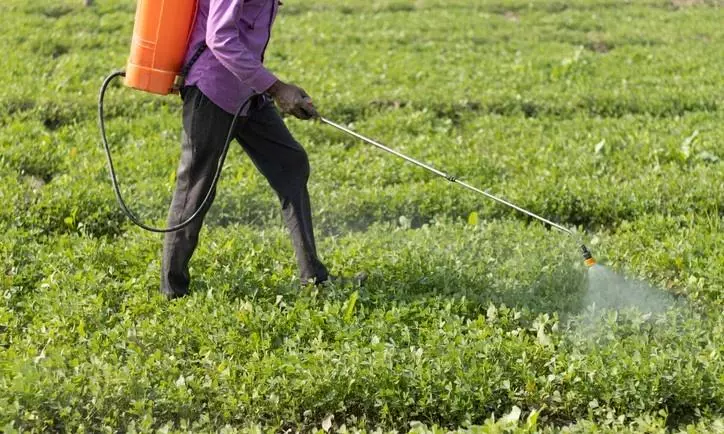
China suspends urea, fertiliser exports; rabi season prices to rise
Export curb affects DAP, TMAP, and urea; specialty fertiliser prices may increase by 10-15 per cent ahead of crucial winter planting

Fertiliser prices are set to go up ahead of the crucial rabi (winter) crop season, as China suspended exports of urea and specialty fertilisers from October 15.
China, which had resumed fertiliser exports only five months back, from May 15, with increased inspections, has now suspended the export window until further notice, affecting not just India but global markets too.
Fertilisers affected
The suspension covers specialty fertilisers like TMAP (Technical Monoammonium Phosphate) and urea-solution products like AdBlue, as well as conventional fertilisers such as DAP and urea.
Also read: Severe rains, lack of compensation prove double-whammy for Gujarat farmers
“China has closed the export window from October 15 not only for India but the world market,” Soluble Fertilizer Industry Association (SFIA) president Rajib Chakraborty told news agency PTI.
“I believe the export suspension will remain for the next five to six months,” he said.
High prices to go higher
India imports about 95 per cent of its specialty fertilisers, including phosphates like TMAP and emission-control fluids like AdBlue, from China.
Chakraborty said specialty fertiliser prices, already at abnormally high levels, could rise 10–15 per cent due to the Chinese export curbs.
India consumes around 250,000 tonnes of specialty fertilisers annually, with 60–65 per cent used during the rabi season, which runs from October to March.
Also read: Should India placate Trump administration by allowing imports of GM crops?
Supply won’t be hit
The industry official said meeting the demand for the ongoing rabi season would not be a problem, as traders have already secured supplies available through global trading agencies, though prices would be affected.
“If Chinese export curbs continue beyond March 2026, it would be a concern,” Chakraborty said, adding that the upcoming rabi season may extend until March due to better water availability.
India has alternative supply sources, including South Africa, Chile, and Croatia, but only for one or two products, he added.
(With agency inputs)

